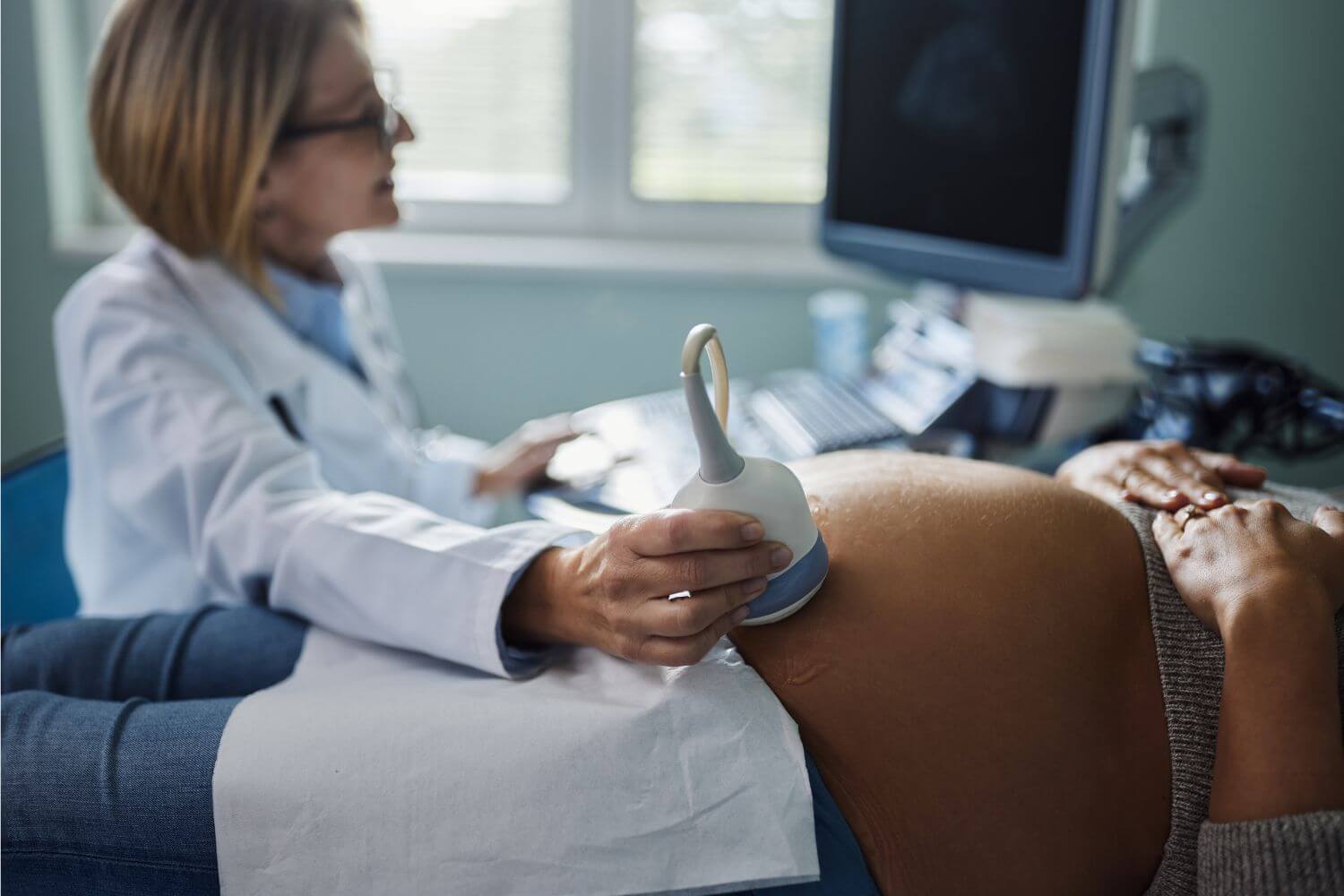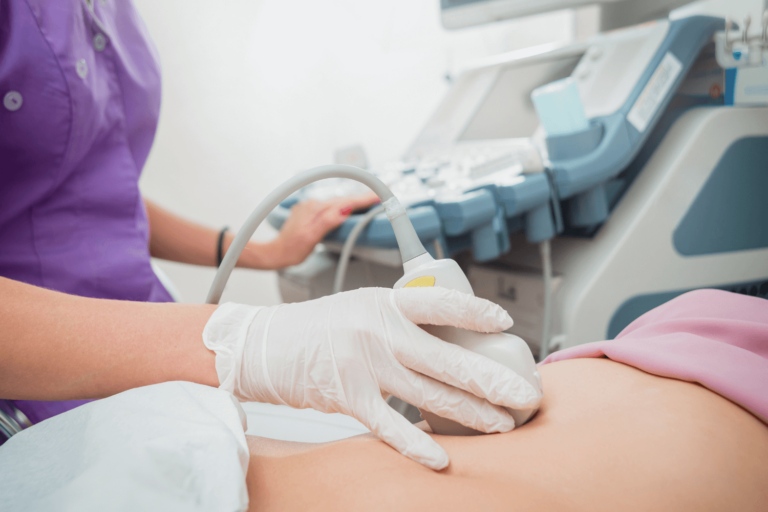Choosing to visit a pregnancy help center is a significant step for individuals facing unplanned pregnancies. These centers aim to provide compassionate support, information, and resources to empower individuals to make informed decisions – usually free of cost. Let’s explore what individuals can expect when visiting a medical pregnancy center for the first time.

Welcoming Atmosphere
Pregnancy help centers typically adopt a non-judgmental and empathetic approach. Staff members understand the sensitivity of the situation and aim to create a safe space where individuals feel heard and respected, regardless of their circumstances.
Confidentiality
Visitors can expect a commitment to confidentiality. Pregnancy help centers prioritize the privacy of individuals seeking assistance, ensuring that personal information remains secure and confidential. They usually are bound by HIPAA (Health Insurance Portability and Accountability Act), so your private health information remains just that – private.
Client Intake
One of the first things that usually happens when you visit a pregnancy center is you will go through the client intake process. This is usually a series of basic questions regarding your medical history, and the situation that has prompted you to visit. This will help the medical staff to better understand how to provide the best care to you.
Pregnancy Testing
One of the primary services offered at a pregnancy care center is pregnancy testing. These tests are conducted in a professional and confidential manner, providing quick and accurate results to help individuals understand their current situation. Most first-time client appointments will include a pregnancy test.
Ultrasound Options
Depending on the results of the pregnancy test, some pregnancy care centers are able to offer ultrasounds free of charge. The pregnancy center may request you return at a later date for an ultrasound, depending on your last menstrual cycle and how far along in your pregnancy they think you are. These ultrasounds are performed to ensure that the fetus is located in the uterus (ruling out something like an ectopic pregnancy) and to understand gestational age (how far along in the pregnancy you are).
Education
Pregnancy help centers may offer educational materials and resources to help individuals understand the stages of fetal development of the unborn child. This information is vital for making informed decisions about your pregnancy.

Options Counseling
Pregnancy help centers often offer options counseling, providing comprehensive information about parenting, adoption, and the potential long-term effects of abortion. This counseling is designed to empower individuals with the knowledge they need to make informed decisions about their pregnancy.
Parenting Support
Recognizing the challenges of parenting, pregnancy help centers may offer parenting support services, such as parenting classes, material assistance, and connections to community resources. Many pregnancy centers offer these services for several years after the baby is born, so you can continue to receive support after giving birth.
Additional Support Referrals
Recognizing the holistic nature of the decision-making process, pregnancy centers may offer referrals for additional support services, including mental health counseling, parenting classes, and community resources. These referrals may differ based on your individual situation.
Depending on your specific situation, the pregnancy help center may ask you to schedule follow-up appointments for ultrasounds or other tests. Most pregnancy centers recognize that each client is individual in their needs and try to accommodate each individual according to those needs. Since their services are usually free of cost, pregnancy help centers are an important part of healthcare and support.




